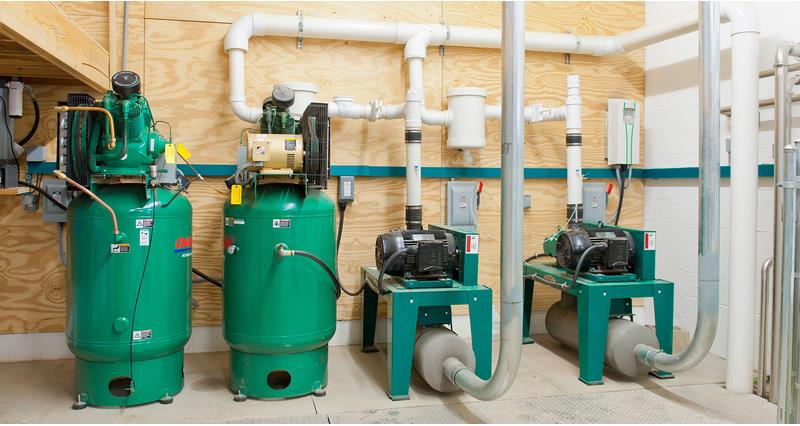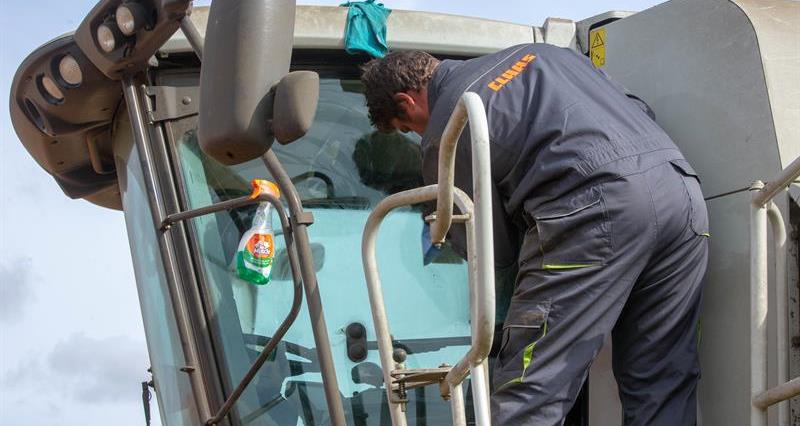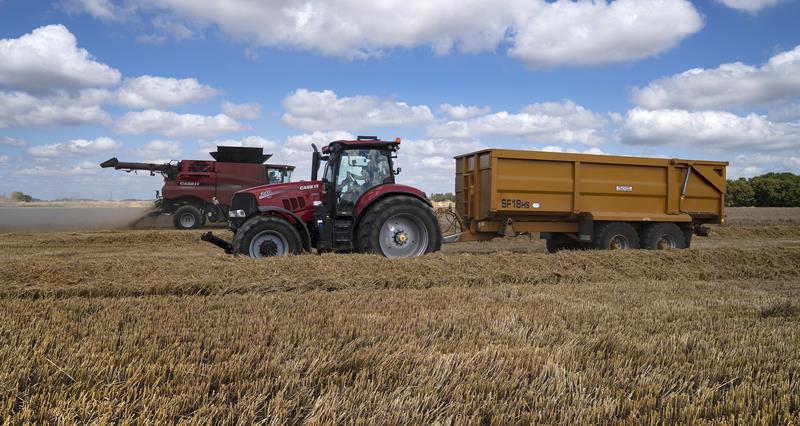Compressors are a crucial piece of farm equipment.
Most may think of a compressor as the pump used to reinflate a tyre, but compressors have many different uses on farm, including, but not limited to:
- water, diesel pumps
- crop sprayers
- pneumatic material handlers, such as conveyors
- dairy machines such as milkers
- some greenhouse ventilation
- some silo storage
- irrigation system cleaners
- pressurised gas systems
Just like any other machine on farm, compressors require regular servicing to ensure they are suitable and safe for the intended use.
While fatal injuries may not be a common occurrence as a result of pressure equipment, compressors can pose a significant safety risk if not operated or maintained correctly.
To reduce the risk associated with using pressure equipment, if you can, complete the task without pressure equipment, or with low pressure equipment.
A specialist registered pressure equipment engineer is likely to be deemed a competent person under the HSE’s definition of who can carry out the work safely, and should be able to advise if your compressor falls within the relevant regulations, and the frequency of servicing required.
What the law says
Both installed and mobile compressors come under the PSSR (Pressure Systems Safety Regulations) 2000. Part II of the PSSR regulations states the legal requirements for compressors. The law covers:
- Any pressure systems that are 250 bar litres in volume and above.
- Any pressure systems that deliver pressure of 0.5bar and above.
- Pipelines and protective devices that are part of a system that complies with either of the above requirements.
Compressors are required to:
- Have a written schedule of examinations, certified by a competent person, and records kept detailing the examinations.
- Have regular examination carried out in conjunction with the written schedule.
- Be kept properly maintained and in a state of good repair, to prevent danger.
- Be operated in accordance with safe operating instructions.
- Be removed from use if there is a risk of imminent danger and shall not be used until certified as safe.
- Have recorded any modifications that may have been carried out. Ensure that any modifications do not negatively alter the operating of the compressor, or increase the risk associated with using pressure equipment.
Exceptions to the regulations relevant to agriculture
- Pressure systems used in braking, control or suspension of wheeled or tracked vehicles.
- Systems that are unintentionally pressurised.
- Pressure systems involved in heating, cooking, ventilating or refrigerating within a mobile trailer or vehicle.
- Tyres on a vehicle or machine.
- Water cooling systems or internal combustion engines of a compressor.
- Slurry tankers.
- Parts of hand-held tools or appliances which have a pressure vessel.




